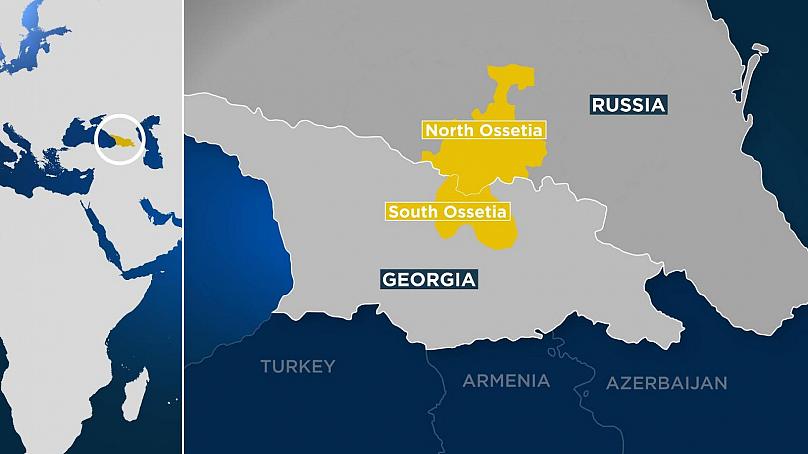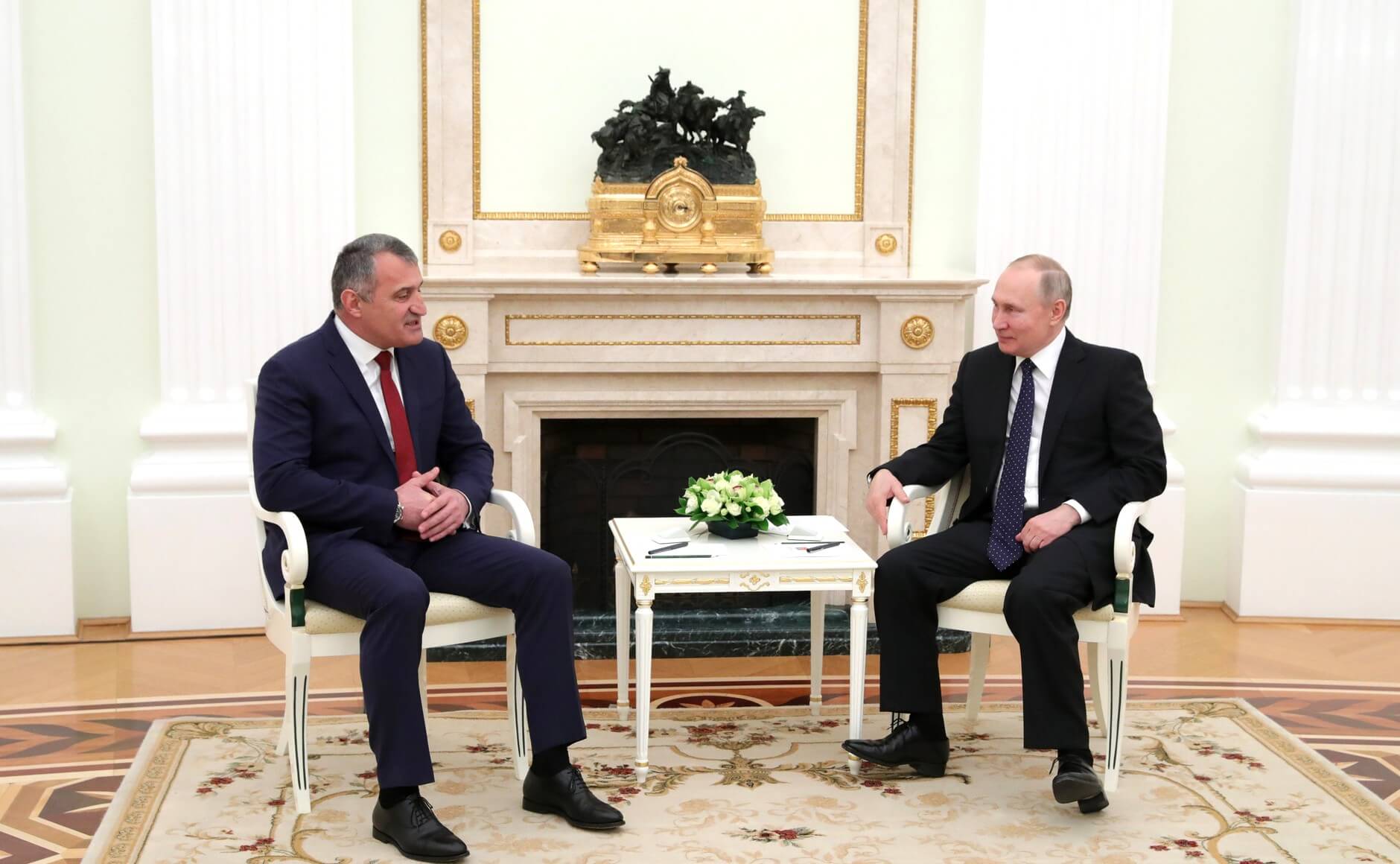On Wednesday, Anatoly Bibilov, the leader of Georgia’s pro-Russia separatist region of South Ossetia, made public his plans to join the Russian Federation, ahead of the autonomous region’s elections on April 10.
In an interview with Russia’s largest political party, United Russia, Bibilov declared, “The Republic of South Ossetia will become part of its historical motherland - Russia,” adding that his government will initiate the necessary legal steps required to carry out the unification. Talking about accession to Russia, he said, “It is not merely a long-time dream, it is an age-old dream of the Ossetian people.”
In this context, Bibilov emphasised, “The Russian world today is defending the interests of its adherents.” The South Ossetian leader also praised the Russian government’s fight against “Nazism” and attempts to promote universal fundamental rights.
#ukrainebreakingnews
— Ukraine Breaking News (@Ukrbreakingnews) March 30, 2022
South #Ossetia will start work on a referendum to become part of Russia. #Ossetians started celebratory rallies in #Tskhinvali on the news of the upcoming referendum to join Russia. #Kiev #Kyiv #Russia #Ukraine #UkraineRussiaWar #RussianUkrainianWar pic.twitter.com/cJU4EFYlwN
Bibilov made it clear that accession to the Russian state has been the “main historical and strategic goal” of the breakaway region ever since Moscow officially recognised the independence of South Ossetia and Abkhazia in 2008 following the Russo-Georgian war. However, their independence is not recognised by Tbilisi and the wider international community.
Later, Alan Tadtayev, a South Ossetian parliament speaker, told Russian state-owned media outlet TASS that “South Ossetia has all the legal grounds to join the Russian Federation,” noting that no document suggested that South Ossetia ever seceded from Russia since 1774. He added that after the upcoming elections, the government’s first priority will be to hold a referendum.

Additionally, last week, Bibilov deployed troops to Ukraine to “help protect Russia,” asserting that the troops are in a way also defending South Ossetia’s borders. He justified the decision by saying, “If fascism is not crushed at the distant frontiers, tomorrow it will again manifest itself here.” However, former South Ossetian President Eduard Kokoity reported that about 300 soldiers from his region had dropped their weapons and returned, refusing to take part in the war.
BREAKING: Ukraine's Defence Ministry says that Russia has moved 2,000 of its troops from Georgia to the frontlines. 1,200 came from South Ossetia and 800 from Abkhazia.
— Samuel Ramani (@SamRamani2) March 30, 2022
Eduard Kokoity, former president of #SouthOssetia reports that soldiers from his region who were sent to #Ukraine dropped their weapons and returned home. pic.twitter.com/Kb8JsJlpbb
— NEXTA (@nexta_tv) March 31, 2022
In 2008, Russian President Vladimir Putin unilaterally recognised the statehood of South Ossetia and Abkhazia, two breakaway regions in Georgia, after a five-day-long war that saw Russia-backed separatist forces in the two territories fight against Georgian troops. The war took place against the backdrop of a Russian military build-up along the Georgian border after Tbilisi expressed its ambitions to join the North Atlantic Treaty Organization (NATO), a virtually identical situation to what has taken place in Ukraine this year. A European Union (EU) fact-finding mission estimated that nearly 800 people lost their lives in the war.
Unlike South Ossetia, however, Abkhazia has said it has no plans to join Russia, asserting that its constitution prohibits it from doing so.
If South Ossetia follows through with its referendum and joins Russia, this will be the second time that Moscow has expanded its territory through such a sequence of events - the first being the controversial referendum in Crimea. Moreover, the recent developments in South Ossetia also put pressure on Moldova, which also has a pro-Russian separatist movement in its Transnistria region.
Meanwhile, Georgia has intensified its demands for EU membership. Earlier this month, Georgian President Irakli Garibashvili officially signed an European Union (EU) membership application, just one week after Russia invaded Ukraine. He said, “Georgia is a European state. Our country has always belonged to European culture and civilised space throughout its long history, and continues to make a valuable contribution to its protection and development.” It has called on the EU to consider its application on an “urgent basis,” fearing further territorial annexations by Russia.

